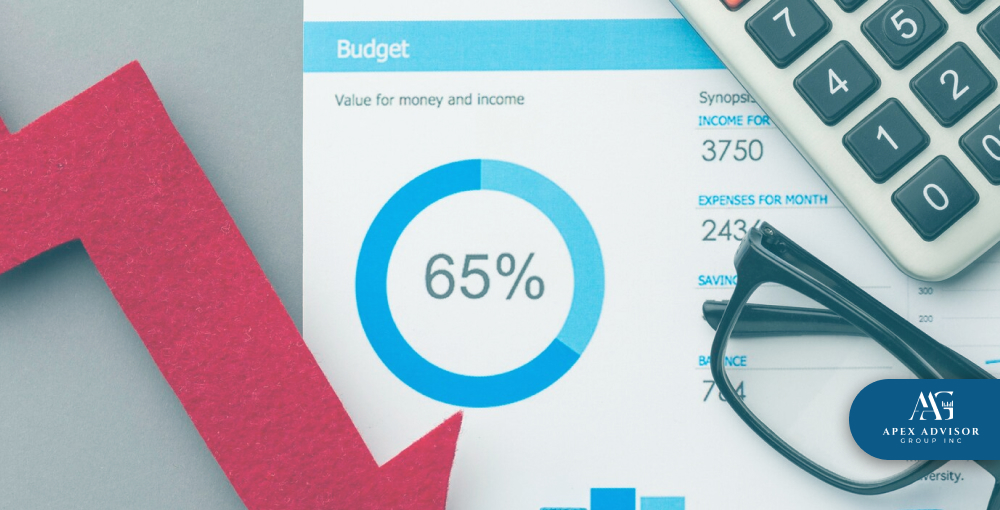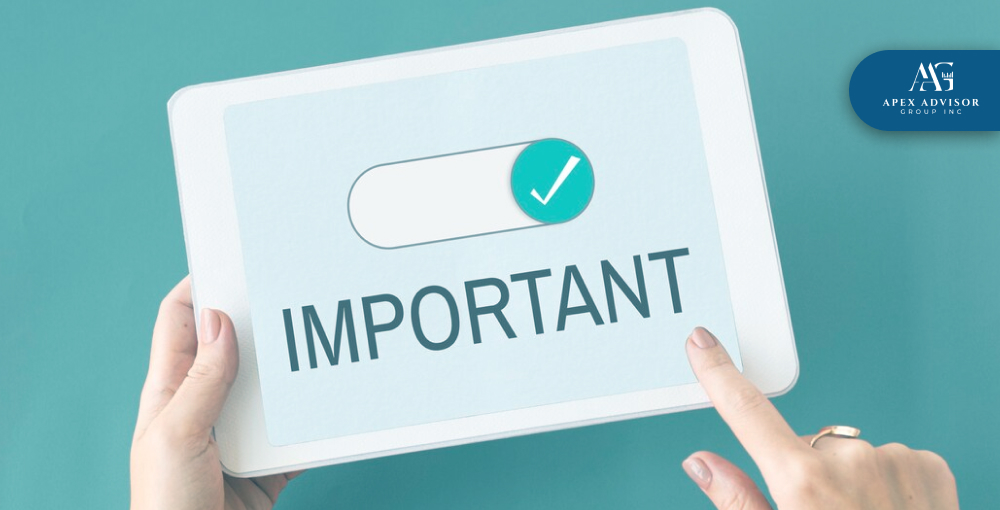Self-Employment Tax Deductions And Calculations -Want to Improve Your Tax Savings Like a Pro?

October 14, 2024
Have you ever taken the responsibility of managing your own taxes, as a self-employed person? When I first entered the world of freelance business, I was so overwhelmed thinking that my dream finally came true. From now on, I am going to conduct my own business according to my own time and convenience.
But a few days later, I realized that managing my own taxes individually was more complicated than I expected. And I was stuck with a lot of paperwork and complex calculations. At that moment, I was looking for a simpler or less stressful way to manage the taxes. However, when I learned more about the taxation process, I found that managing self-employment tax deductions and calculations is not an easy task. It's not just doing calculations with complex formulas. It's more about figuring out the exact expenses that you can deduct to get relief from tax obligations.
After receiving consultation from popular tax advisors, I discovered some effective strategies to navigate self-employed taxes. After determining the particular deduction that I need to claim, I was able to save a significant portion of money. And now I'm going to share my experience as a self-employed person to help reduce your tax burden.

What exactly is self-employment tax?
Self-employment taxes are a special type of tax approach, applicable to self-employed people. If you are a self-employed individual, you must pay both employee and employer portions of these taxes. Here only social security and healthcare-based taxes are included. If you earn more than 400 dollars, you are liable to pay this tax.
Who is responsible for paying such taxes?
People who work on different projects and handle their clients individually are mainly responsible for paying self-employment taxes. So, what kinds of employment are subject to these taxes?
Those who earn more than 400 dollars by selling online products or by freelancing
Gig workers, who use Uber
Those who are independent contractors and work with a limited number of clients
Business owners
People who earn more than 108.28 dollars from church activities.
Just remember: Those who are unable to pay their self-employment taxes, will receive a CP 2000 Notice.
How are self-employment taxes different from income tax?
Income taxes are paid according to your overall income from all sources. But self-employment taxes are not paid like that. Individuals who are self-employed can manage their own taxes by themselves. They pay such taxes on behalf of their employees as well. That means, self-employed individuals have to pay both employer and employee portions of taxes individually by themselves. To pay the self-employment tax, you have to combine all your earnings from various sources. Then you can calculate the required percentage of taxes from different businesses accordingly. If you manage your self-employment taxes properly, it will have a great impact on your financial plan.

What deductions can you use as a self-employed individual?
Individuals can deduct 50% of their self-employment taxes from their income. They can also deduct some additional expenses to save money. These deductions can help increase your profit.
If you use your home to conduct your business-related activities, you can deduct the cost of your home used. So, you can easily deduct the percentage of cost that is used as your home office. Moreover, you can set the per square foot cost of your home as 5 dollars to 1500 dollars. Then you can calculate the deductible amount accordingly.
As you are using the internet and phone for the purpose of your business, you can deduct tax from them. Don't deduct the “personal use” portion of phone bills and internet. Deduct only the “business use” portion.
Most often, self-employed people need to travel overnight somewhere for business purposes. In that case, they can deduct the cost of transportation, meals and lodging. You are allowed to deduct 50% from the overall meal cost of your travel.
People who are self-employed, but don't qualify for a “spouse plan” can take advantage of health insurance deductions.
Individuals who are allowed to fulfill the income threshold can deduct up to 20% of qualified business income. They can also deduct business equipment and supply costs within the tax year.
If you use advertisements for the purpose of business growth, you can deduct the advertisement cost as well.
You can deduct a significant portion from your self-employed retirement plans.
If you take loans for business purposes, you can deduct the interest from it. Similarly, if you use a credit card for business purchases, you can deduct the credit card interest also.
If you launch any business by yourself, you can deduct the startup cost. In the first year of launching the business, you can deduct up to 5000 dollars.
Self-employed people need some training or education to improve their skills for the particular business. So, they can use the deduction from the education expenses.
If you have any professional membership or publications related to your business, you can use the deduction from their costs.

How can you calculate your self-employment taxes?
Before filing the self-employment tax form, learn to calculate your taxes accurately.
First, find your net earnings by subtracting the deductions from the gross income.
Multiply the net earnings by 92.35% to adjust the earnings.
Introduce a tax rate of 15.3% to your adjusted earnings.
You have to add an extra 0.9% of medicare surtax if your earning crosses certain limits.
For instance: If your net earnings are $60,000, your adjusted earnings are $55410. Here, we have multiplied the net earnings by 92.35%. Now, add 15.3% of the tax to the adjusted earnings to get about $8477. If you don't go beyond the earning limit, no additional surtax is needed.
How can you file self-employment taxes?
You have to file your self-employment taxes properly.
When you need to make payment for people who are not your employees, fill out form 1099 NEC. Use this form for people who provide one-time service to your business, independent contractors, or freelancers. And their payment should be more than 600 dollars. Then you can provide them with such non-employee condensation.
Use Schedule C to show the profit and loss of your business as a single member. However, if you are conducting business with a partner, fill out form 1065.
Fill out form 1044 to assure the government of your earnings, paid taxes, and the deductions you have claimed.

What factors are important to manage your self-employment taxes properly?
Before starting any kind of self-employment activities, you must focus on certain factors.
Take advantage of things that you can claim to deduct based on your eligibility and needs. This will help you decrease your taxable income.
Stay compliant with updated tax laws and try to track all your earnings and expenses in an organized way. This will help you prepare your taxes easily. So, you can use tax software or get professional assistance with the current taxation policy.
If you want to manage your cash flow properly to avoid legal actions, you can plan for quarterly payments. That means you should try to pay your taxes four times a year, not just at the end of the year.
Enclosure
If you understand the strategies of self-employment tax deductions and calculations, you can focus more on growing your business. Moreover, you will get more money to secure your future by investing in other projects.
Most freelancers or small business individuals can not understand which expenses they should deduct to receive tax relief. If you are going through such a complicated process, we can help you by providing professional guidance. Let's simplify the tax situations together. So, don't forget to share this conversation with people who need professional help to manage their taxes by themselves.
